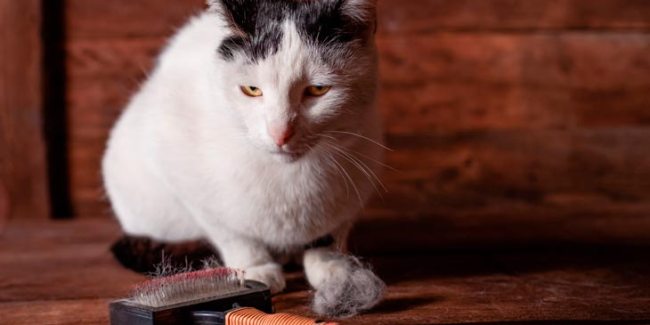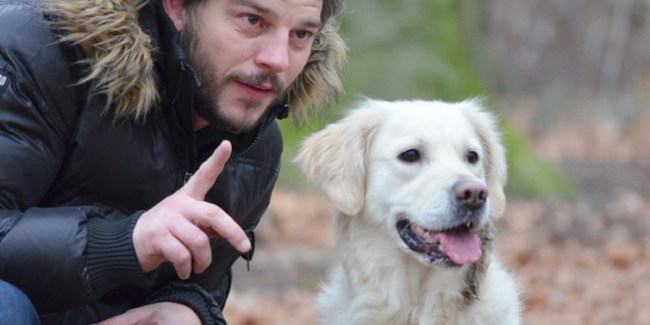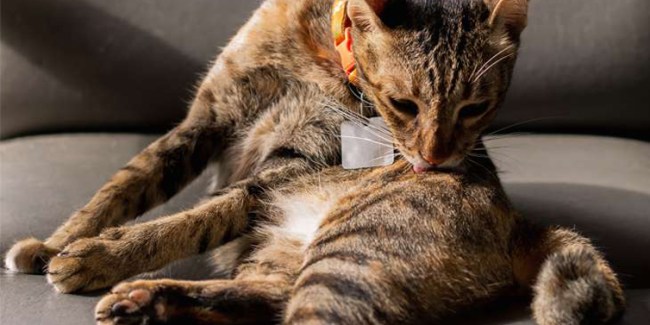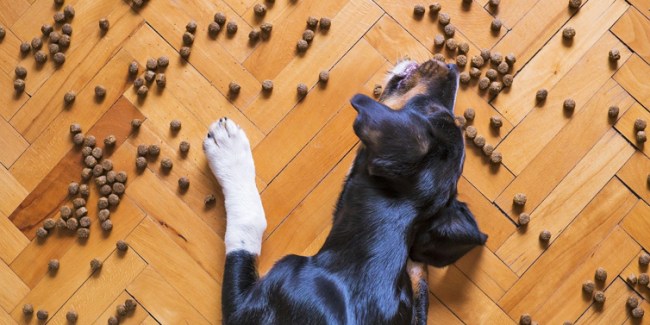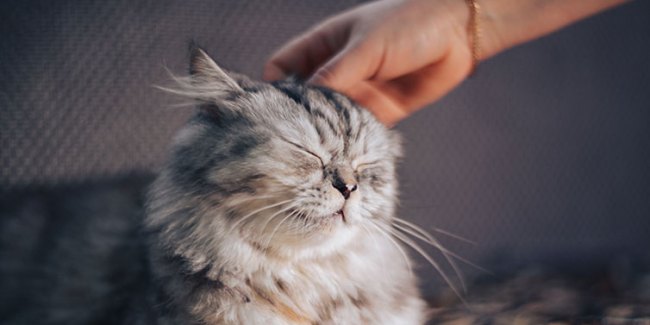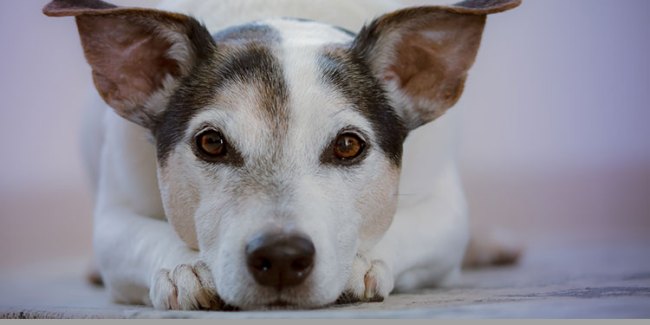“Heigh Ho, Heigh Ho, it’s off to work we go!’
In our last blog, we talked about the difference between service and working dogs. We discussed specifically the important work done by service dogs, who are usually ‘helping companions’ for people with disabilities. For example: guide dogs for the blind; mobility assistance dogs, hearing dogs, and so on.
Working dogs, on the other hand, are trained to perform a specific task, to help humans. For example, police dogs, anti-poaching dogs, etc.
You probably have some questions. We’ll anticipate them and, hopefully, answer them. It is fascinating to discover the types and extent of the work being done by these Courageous Canines, whose jobs are sometimes taken for granted.
DOG HEALTH
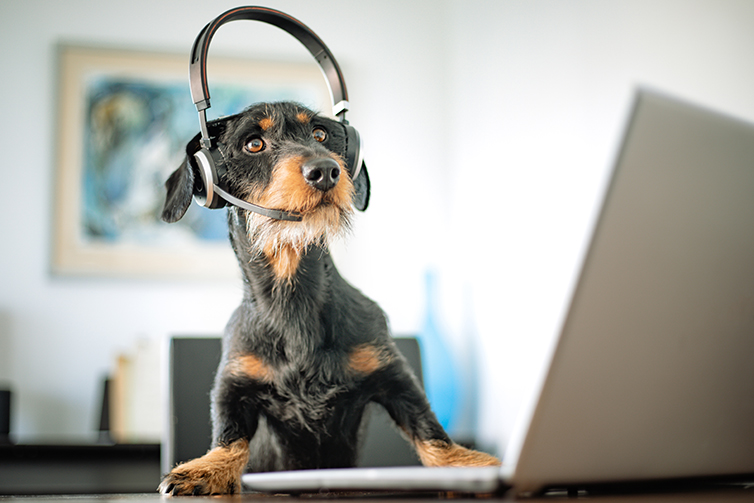
Posted by bravectosouthafrica – 13 August 2021
Do the dogs benefit? Are they well-treated?
You will be amazed at the number and types of vitally-important jobs these dogs do. Giving a dog work they enjoy (which is key), can relieve the boredom of being confined to a tiny garden or flat, and may prevent behaviour problems, whilst getting the exercise they need. Successful trainers use the ‘positive reinforcement’ method, where the dog is rewarded for good behaviour (perhaps a small treat or a pat on the back while saying, : Good boy!) and undesirable behaviour is ignored. (This also works with children!) These trainers know that a dog will never be trained to do anything by punishing bad behaviour. They must also be in peak condition to cope with some of the demanding work they do, so they get plenty of good food, giving them the energy they need.
“Sheep herding for city dogs – ‘saving’ bored and badly-behaved dogs in suburbia.”
This headline appeared recently in an Australian newspaper. It explains that leaving high energy, intelligent dogs in a small backyard every day can, as we know, cause boredom, leading to destructive or aggressive behaviour. What often happens to these dogs? Sadly, many end up in rescue shelters because their owners cannot cope with them, and they are labelled ‘uncontrollable’.
Who is going to adopt such a dog?
The article goes on to explain that a man called John Borg founded an organisation called “Sheep Herding for City Dogs”, in Queensland, Australia. They train dogs for their owners to compete in sheep dog trials and to work on small farms, exercising them physically and mentally. What a great idea! Hopefully, this enterprise will expand to other countries.
(https://www.abc.net.au, published on 29.05.2021)
What types of jobs do working dogs do?
Let’s look a little more closely at some of the work these amazing dogs do.
Anti-Poaching Canine Units
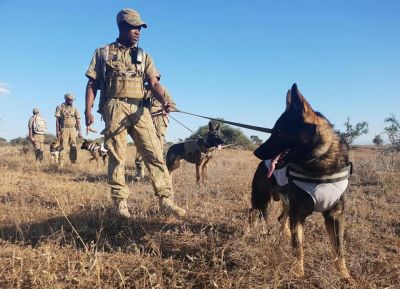
Populations of animals are being destroyed across Africa by poachers and wildlife trafficking by transnational organised crime groups. One elephant is killed every 15 minutes. Rhinos, a threatened species, are poached for their horns, bought mainly by Asian countries where some people pay exorbitant prices for these, believing that the horns have powerful medicinal qualities. In fact, scientists have proved that this is not true.
(blog.nationalgeographic.org. ‘Rhino horn: All myth, no medicine’)
Rhino horn is valued currently at R925,000 per kilo. Yes, you read that right.
Tracking and detection dogs (often called K9 units) are becoming increasingly important to anti-poaching units in their efforts to protect these seriously-endangered animals. The dogs, with their incredibly sensitive noses, assist in tracking poachers, detecting illegally-trafficked horn, ivory and guns and helping the teams to stop and arrest poachers. The K9 units have proven themselves to be a very effective deterrent.
The Kruger Park “Game Changers” (note the clever pun!), is an elite K9 unit which tracks and arrests poachers and smugglers across the park. Specific breeds of dogs are chosen for their abilities, e.g. Beagles for sniffing-out, Bloodhounds and Dobermans for tracking, and Belgian Shepherds (Malinois) for capturing poachers.
The tracking dogs have proven to be especially effective, particularly when they work ‘off-leash’. The dogs work in packs, which are followed from a helicopter. Once the rangers see that the dogs have spotted a threat, the dogs are called off, removed from the scene, and the rangers then take over. Successful arrests of poachers have increased by 50%. Remarkable!
As you will realise, the work these dogs do is extremely high-risk, under the harsh African sun with the risk of exhaustion and the threat of dangerous wildlife and poachers’ guns.
Maintaining peak condition is obviously vital in ensuring that these Courageous Canines can do their jobs effectively. Apart from quality, plentiful food, access to water, shelter and medical care, these dogs, in running through the bush, are susceptible to picking up parasites. This is where Bravecto® plays its part! Bravecto® sponsors several anti-poaching dogs with Bravecto® Chew to keep them tick, flea and mite-free.
(https://www.savetherhino.org ‘Anti-poaching Canine Units’)
Detection (or Sniffer) Dogs
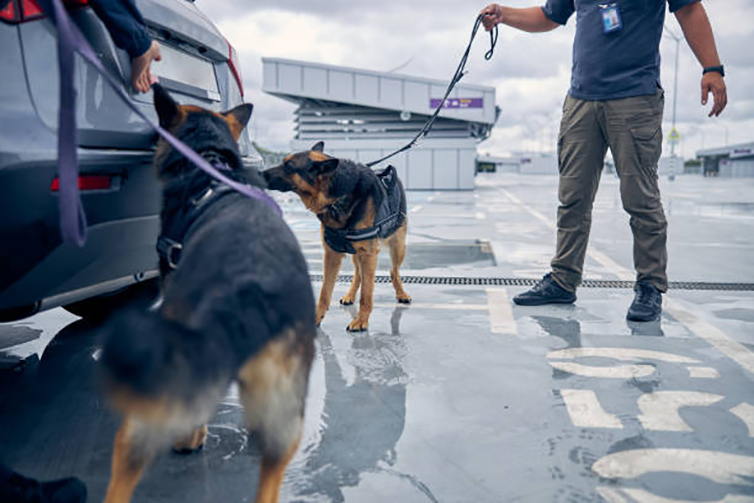
All dogs have an incredible sense of smell, but some are exceptional, for example, Beagles and Bloodhounds. These dogs are highly-trained to use their noses to detect explosives, wildlife scat (faeces), blood, currency, illegal drugs, ivory, horn, contraband and human remains. Oh, and bed bugs! Yes, believe it or not, Sherlock Hound can save humans from many sleepless nights by detecting these little beasties in places humans cannot get to, like crevices in walls. The bugs can then be eradicated quickly and safely.
They are also used by wildlife biologists for detecting the faeces of various endangered species, which gives the scientists a lot of valuable information about these animals.
Increasingly, detection dogs are being used by the medical profession, to detect certain diseases, as was mentioned in the previous blog, such as cancer, diabetes, Parkinson’s and now, Covid 19. For many diseases, early detection and treatment are key. Dogs can detect volatile organic compounds, associated with disease growth. This also avoids the invasive nature of many medical tests. Parkinson’s disease can usually only be detected when physical symptoms, such as tremors and rigidity, begin. Sadly, this means that by then, more than half of the relevant nerve cells in the brain have been lost. Early diagnosis, by highly-trained detection dogs, means that treatment can begin. (There is currently no cure for Parkinson’s, but treatment can help with the symptoms.) ‘Super Bugs’, which are drug-resistant infections, kill over 700,000 people per year. Trained dogs can detect the odour of specific bacteria in the early stages. They can even scan large areas, for example, hospital wards, for these nasties. Plenty of work available for Sherlock Hound.
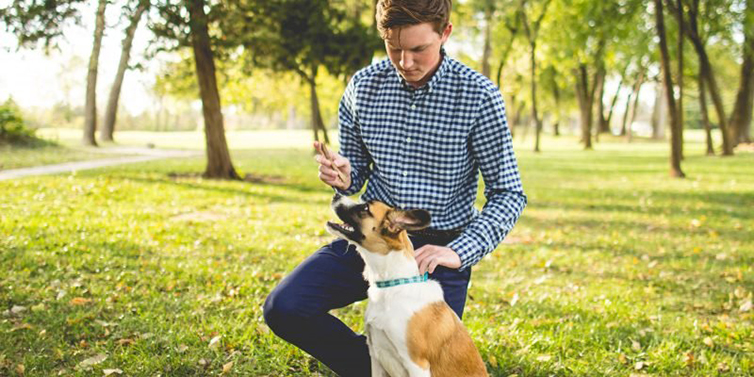
Are you amazed by the accomplishments of our furry, sniffing friends, so far? Wait, we haven’t finished yet!
Faster than any known test, dogs can detect Covid 19, which apparently give off a very distinct odour to these dogs. In fact, it has been found that dogs can detect Covid 19 in the clothing of infected people, with 93.3 % accuracy, instantly, even on people with a low viral load and no symptoms.
Dogs have different ways of communicating that they have detected the target smell: some wag their tails, some whine, some nudge their handler. A very important aspect of the training and identification of the target smell is, of course the use of positive reinforcement in the form of praise and/or a small treat.
(https://www.theguardian.com “Faster than a PCR test.”)
Guard Dogs
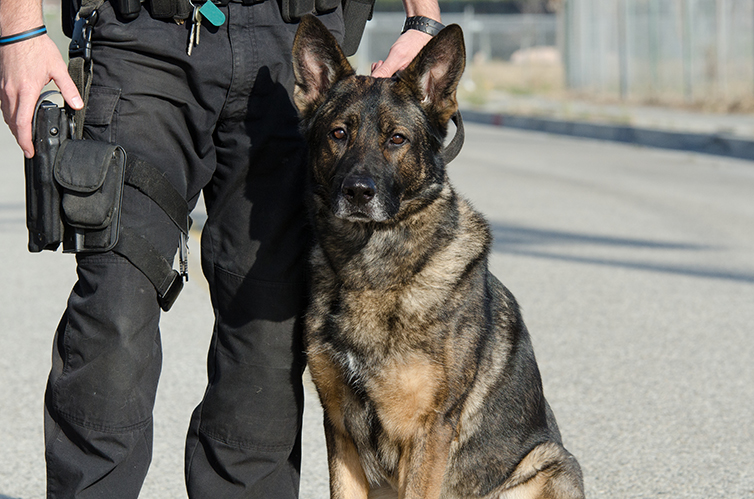
There are, of course, many types and levels of guard dogs and these levels vary greatly. A 2 kg Yorkie will bark hysterically if she detects any sign of a stranger on your (sorry, her) property. However, despite having the heart of a Rottweiler, she will obviously not be able to physically deter a criminal. Her main role (apart from sleeping) is to act as a deterrent. Many police forces put small-medium sized ‘yappers’ at the top of the list of crime deterrents. However, do not underestimate the determination of such dogs to protect the humans they love and their property.
So, let’s have a look at the various levels used to describe the work done by these dogs:
- Your hysterically- barking Yorkie is actually a watch dog, barking to alert you when they hear a ‘suspicious’ noise or the approach of a stranger, or indeed a threatening leaf falling to the ground. If you rely on a dog to deter criminals, they should be kept inside the home, particularly at night.
- Guard dogs also bark at the sound of a possible threat, but they are trained to defend you, your family and ‘their’ territory by biting the potential robber, if necessary.
- Dogs which are trained to defend a specific area are called sentry dogs. Training is particularly important as they usually have no human with them to direct them.
- Dogs who are trained to protect a particular person, who may often be moving around a specific area, are called personal protection dogs.
- Attack dogs are used only by the police or military. They and their handlers are highly trained to chase, bring down and, if necessary, physically attack criminals or anyone posing a threat.
We feel that we must point out something very important here, which you may already be thinking about. There is much controversy about so-called ‘dangerous’ breeds. A dog of any type has the potential to injure people, particularly small children, usually inadvertently when playing. Sometimes though, a child may hurt a dog, who may retaliate with a bite. The vast majority of guard dog breeds though, are gentle and loving with their families and will look after your children as you do.
It is very important that you provide lots of love and proper training and socialisation classes for your Big Bruiser. Children too need to be taught how to act with the dog: no ear or tail-pulling or poking the dog’s eyes, and no teasing, especially when Bruiser is eating.
Remember: Even though certain breeds are traditionally and specifically bred to be aggressive, e.g. the much-maligned Rottie and the Pit Bull, this does not mean that every animal in the breed is aggressive or dangerous. Such breeds have the potential to become aggressive, especially when they are taught to be ferocious. This ‘teaching’ may involve taunting, encouraging fighting with other dogs and, sadly, ill-treatment. (https://pethelpful.com)
Are guard dogs protected in any way from abuse?
The Animals’ Protection Act in South Africa specifically states that it is an offence to ill-treat any guard dog. Sadly, and this is a huge problem for us as animal-lovers, abuse happens. If you see any instances of abuse, please report offenders to your local police station or SPCA, or The Animal Cruelty League: phone 011 435 6672
Herding and Guardian Dogs
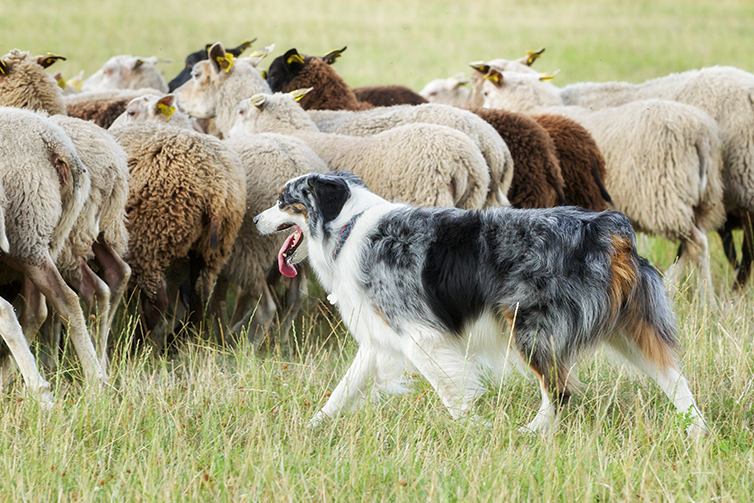
There are two types of working farm dogs: herding and guardian dogs. Watch a dog herding sheep: she crouches, staring the sheep down as if she is ready for the kill. Yes, that’s right. She is acting like a predator in order to get the sheep to do what she wants. She will run around the group to coax them into going the right way. Handlers are there to give directions to these highly-trained animals, by certain gestures, whistles or vocal commands. They assist the farmer with the movement of livestock.
Sheepdogs can also be entered for competitions or ‘trials’, where they are required to herd the animals into enclosures, often with amazing precision. These wonderful, intelligent dogs are often chosen as family pets, and make loving house dogs as long as you don’t mind when they ‘herd’ your guests as they stand with their drinks! They are, however, at their best when they are mentally and physically active.
Guardian dogs have been bred and trained to protect livestock from predators. They are large, strong dogs who reduce sheep losses and the need for coralling the sheep at night. Guardian dogs become members of the flock and are usually socialised with the livestock as puppies, encouraging bonding. He/she will confront intruders aggressively but will never harm the flock. Much of this guarding behaviour is instinctive. Training and socialisation from an early age, develop these instincts into effective behaviours. These dogs are also at a high risk of tick and flea infestations. MSD Animal Health work closely with organisations such as The Cheetah Trust Guardian Dog Project where they sponsor all dogs placed on farms with Bravecto® Product for their first year of service to the farmers and the herds they protect.
https://www.motherearthnews.com ‘Farm Dogs’
Police Dogs, or K9s
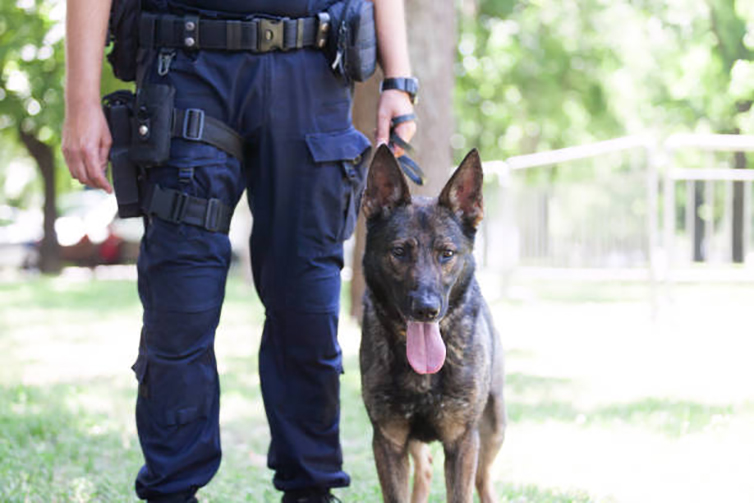
“K9 Kiara led officers to an imitation firearm under the driver’s seat. One of the occupants was also found with a packet of tik (methamphetamine).”
(https://www.iol.co.za ‘Cape Town police dog…’ May 13, 2021)
Kiara’s detection of the imitation firearm led to the arrest of three suspects. This is just one example of the wonderful work being done by the SAPS and their K9 detection dogs. K9 units play a vital role in the prevention, combating and investigation of crime in our country. These units are a ‘uniform specialized service’ that provides operational support to police stations, crime prevention services, crime investigation and proactive policing.
The specialised skills of the dog and its handler are an important resource for effective operational functioning and for the overall safety of the community. Of course, these dogs are highly-trained for their duties, with their handlers. Their duties include: locating missing people, detecting drugs and explosives, finding evidence and, when necessary, attacking criminals. They and their handlers are taught various vocal cues and hand gestures.
Breeds which have proved to be the most effective include the German Shepherd, the Belgian Malinois and retriever breeds. Training is a lengthy process and begins with the handler, who trains initially to be a police officer then transfers to a specialised canine unit. The dogs have training in obedience, with commands being given in the country’s main language. They are sometimes trained to be either ‘single purpose’ (eg personal protection, tracking, back-up), or ‘dual purpose’ (trained additionally to detect narcotics or explosives). The police also use Search and Rescue (SAR) dogs to find suspects, missing people or evidence.
In spite of the increasing use of various electronic safety and security devices, these courageous and highly-effective K9 units are playing an increasingly important and vital role in assisting our police force and maintaining the safety and security of all South Africans.
(https://m.facebook.com > posts SAPS)
Military Dogs
Retired Lieutenant-Colonel Chris Oosthuizen, explains that the original Dog Training School for military dogs and their handlers, was for training for mine detection work, starting in 1964. This school was also responsible for acquiring suitable dogs, researching canine diseases and nutrition. The main dogs used for training are German Shepherds, Dobermanns, Labradors and Border Collies. They are trained to work in combat, to act as scouts, sentries, messengers, mercy dogs and trackers.
Oosthuizen also explains that tactical and security dogs cannot be trained or be effective in the field unless they are in peak condition. In addition to correct nutrition and medical care, the dogs are exercised regularly. Obstacles are also essential in an attempt to mimic real-life conditions. He also says that some dogs, like some humans, are scared of water. Progressive training is used to get the dogs used to a gradual increase in depth and distance, by retrieval of an object. Dogs are trained to work, with their handlers, in combat as scouts, sentries, messengers, mercy dogs and trackers.
Most important is the bond and communication between the dog and his handler, where each trusts the other implicitly in order to be effective in challenging situations.
(https://www.defenceweb.co.za)
And finally…..
It is hard to think about the dangers faced, on a daily basis, by these special, courageous and phenomenal dogs, whose lives are dedicated to our safety and security. But it is also important that we realise and appreciate the vital work that they do, in protecting us and other, vulnerable animals.
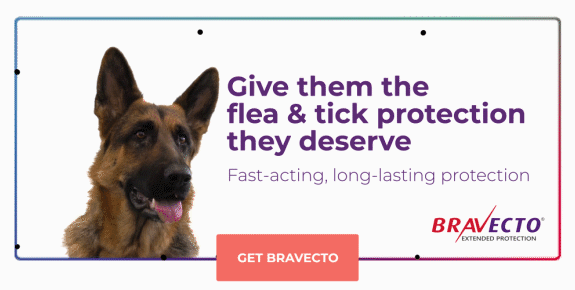
Subscribe to our Newsletter
Get to know your furry friend better! Sign up for all things dog- or cat-related.
The Hairy Facts about the dreaded hairball
12 April 2021
Help! My dog’s barking mad! Volume 2
12 April 2021
Your Itchy, Scratchy Cat – All About Cat Skin Problems
12 April 2021
The Dog’s Diet: A Bone of contention?
01 April 2021
Mango Fly Worms: How to Spot and Eliminate them
Posted on November 28,2019
Managing Mange And Mites In Your Dog
Posted on June 11,2018
Why Do Cats Purr and How? Learn What Your Cat Is Saying
Posted on October 14,2020
How to Get Rid of Ear Mites in Dogs
Posted on November 06,2019


